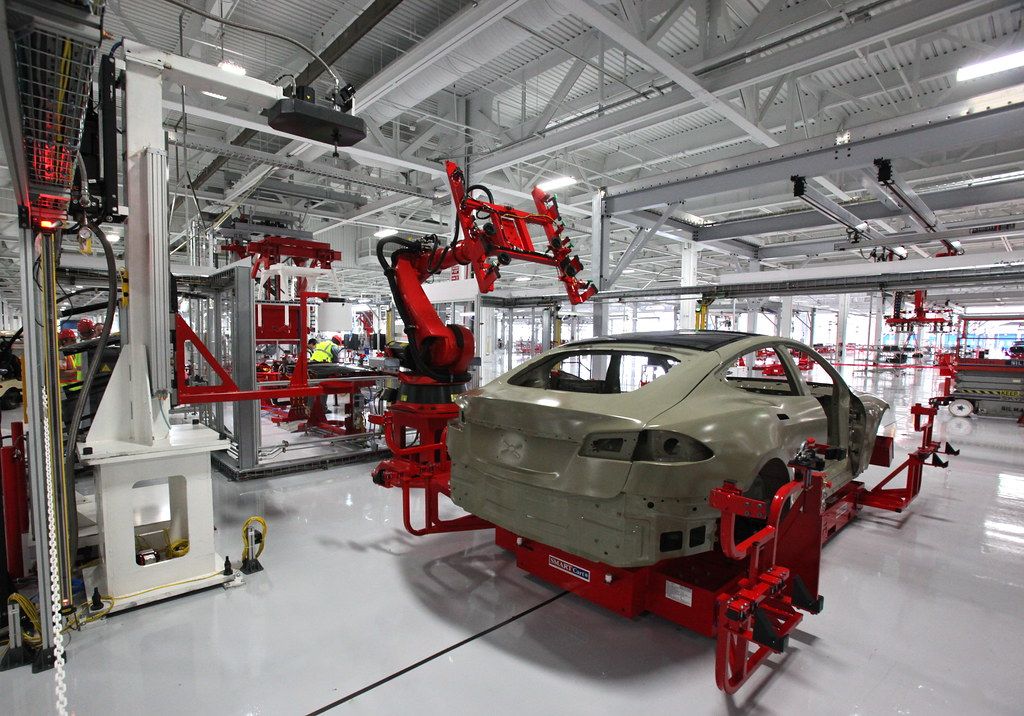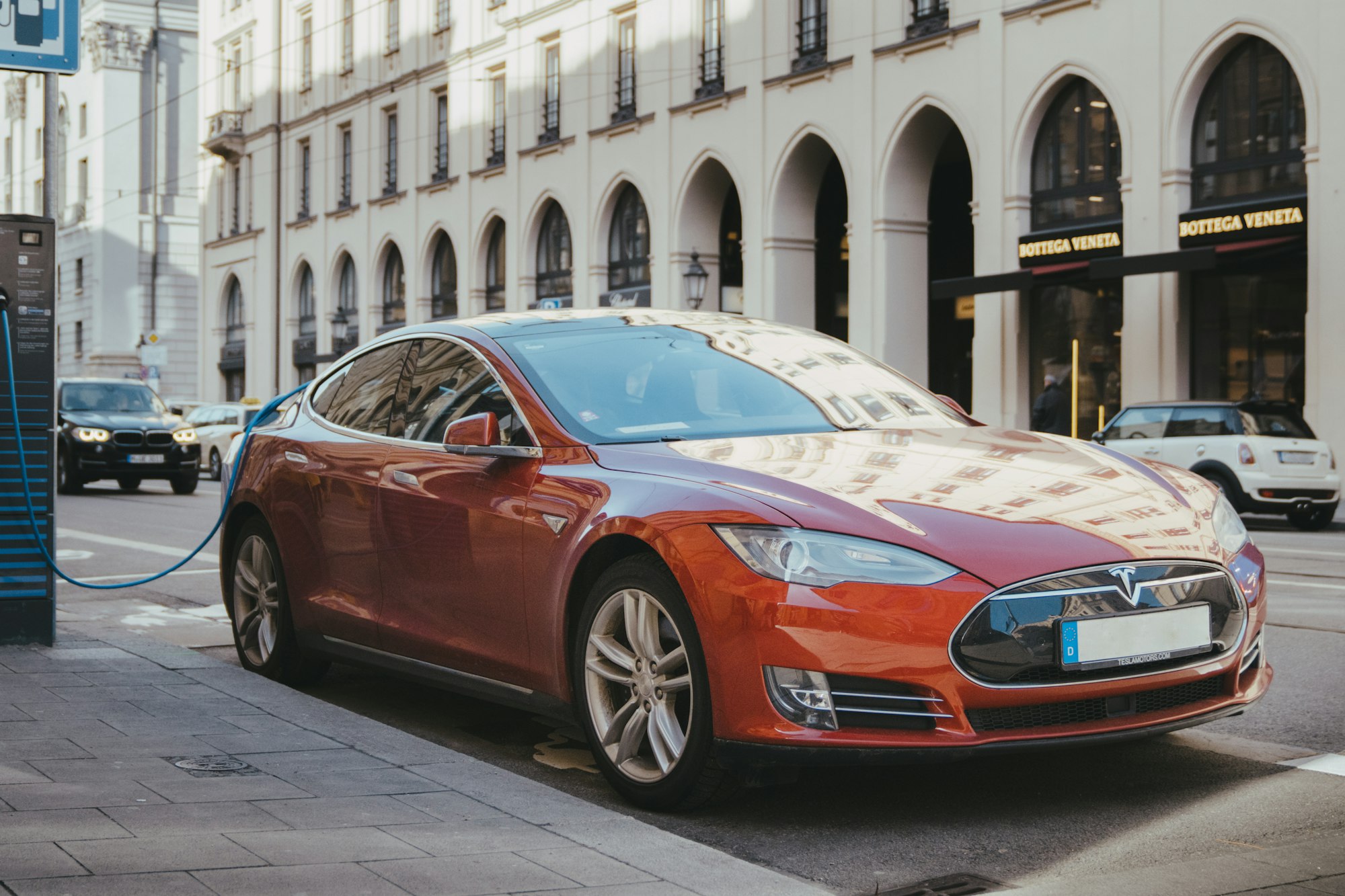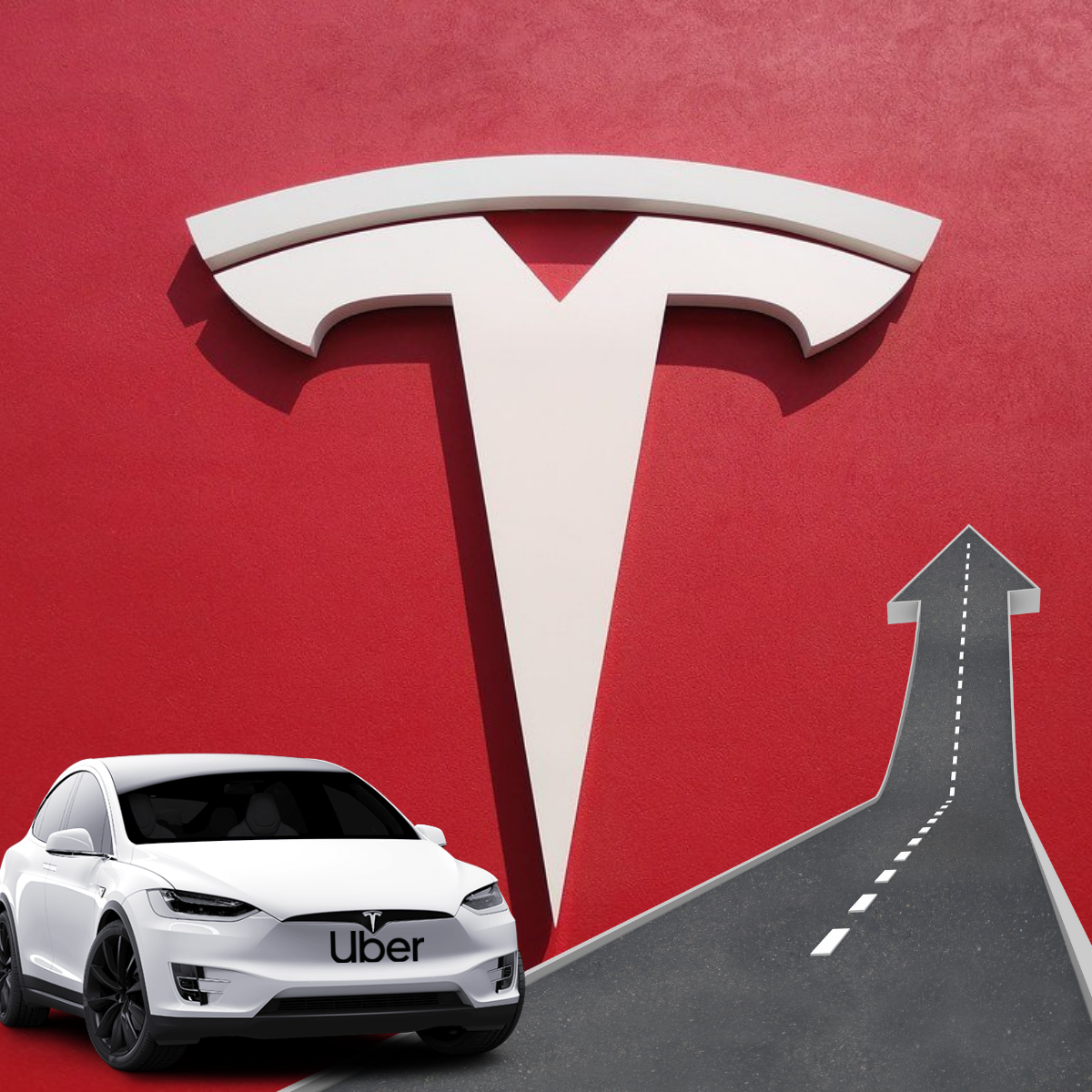Many suggest that the Tesla valuation is down to Elon Musk hyping the stock, but if that is so, why does he keep talking the share price down?
Entrepreneurs are by their very nature optimistic; their glass is never half empty. Indeed they are often more likely to describe a glass that is 50 per cent full and 50 per cent empty as just a few drops away from brimming over. Indeed, an entrepreneur might start thinking about getting a second glass in preparation for those extra drops.
That is the nature of the entrepreneurial beast; it has to be so. Most new businesses fail, but in each case, the entrepreneur behind the business is convinced they are on to a winner.
There is a second point; entrepreneurs have to create something from nothing — they have to convince backers or customers that their idea, little more than a few scribbled lines, is exciting. They must fake it until they make it.
In a way, then, the entrepreneur is a conjurer, a master of illusion. And there can be a narrow line dividing the brilliant entrepreneur from the snake oil salesperson.
Elon Musk pulled off that conjuring trick in the early days of running Tesla. He had the vision, and Tesla — which had existed before Musk joined the fold — had the expertise. Maybe it was more than a few ideas on paper, but not a lot more. From that, Musk sold a story and a vision.
And throughout the early days, Tesla was sold to a primarily sceptical audience. Not so long ago, the mainstream laughed at the idea of electric vehicles—only those who shared the entrepreneurs ideal of a glass being half full even contemplated backing Tesla.
Imagine if it had failed; imagine if Tesla had gone bust in the very early days, or even later on. In 2018 when Tesla was attempting to make 5,000 vehicles a week, the company diced with failure. Musk himself was like a man obsessed and be admits that the pressure affected his mental health. Suppose Tesla had failed to meet that target, and the backers pulled out.

How night we recall Musk today? Would people have spoken about Elon Musk and Elizabeth Holmes or even Charles Ponzi in the same sentence?
But the electric vehicle is no longer a joke; EVs are no longer little more than toys. Tesla did meet those targets, maybe it was a little late, but that is hardly surprising.
To secure backing, Musk sold a vision — it had to be a bold vision; nothing less than that would have failed to entice backers. The bolder the vision, the harder it is to realise. Tesla was never going to run on time, but that original vision has now been realised.
The conjurer has created reality, and the achievement is extraordinary.
Some say Musk hypes the stock — in reality; he is just doing what entrepreneurs with a vision do. He promises the extraordinary, but so far, the extraordinary has been delivered, albeit sometimes a couple of months late.
Regulators tell Musk to be more considered with his Tweeting — Tweets which sometimes go way too far and on other occasions seem to be directly contrary to what he's said before and sometimes, just seem a tad weird.
In May 2020, Musk Tweeted that he thought the Tesla valuation was too high, and shares fell sharply. The BBC said the Tweet knocked $3 billion of Musk's wealth, but that was hardly the point. Wealth, when measured in shares in the company you run, is not what it seems. It is only true wealth if you can do something with it, and if Musk tried to liquidate all of his wealth tied up in Tesla, the share price would crash, and his wealth would be a fraction of the paper value.
Now Musk has taken to Twitter to say that Tesla hasn't signed a contract with Hertz, despite the protestations of Hertz.
It was the revelation that Hertz had ordered 100,000 Teslas that led to another spike in the Tesla share price, catapulting it into the trillion-dollar club. So if Musk hypes Tesla stock, why has he downplayed the news that put 41 per cent onto the company's valuation?
Musk said: "Tesla has far more demand than production. Therefore we will only sell cars to Hertz for the same margin as to consumers.
"Hertz deal has zero effect on our economics."
You’re welcome!
— Elon Musk (@elonmusk) November 2, 2021
If any of this is based on Hertz, I’d like to emphasize that no contract has been signed yet.
Tesla has far more demand than production, therefore we will only sell cars to Hertz for the same margin as to consumers.
Hertz deal has zero effect on our economics.
Maybe Musk is playing a canny game. He is saying, you all got excited over the Hertz announcement, but I say 'pfff' to that. It is chicken feed.
That is a double bluff. It stretches credibility to say Tesla is hyping the stock by downplaying the significance of a deal that led to a surge in the stock. As is the case with the entire car industry, Tesla's challenge is supply, not demand.
Two factors give Tesla an edge:
Firstly, the company is vertically integrated, making it less susceptible to global supply chain issues.
Secondly, making electric cars is not the same as making traditional cars. For one thing, EVs have fewer moving parts. For another thing, Tesla's expertise is in batteries, software and AI. That is why three weeks or so ago when Tesla shares were 30 per cent less than they are present, we implied we thought Tesla shares were cheap.

Now Tesla is valued at $1.2 trillion. It has gone storming past the trillion-dollar valuation. Are they still cheap? Frankly, it is hard to make that argument. To justify a $1.2 trillion valuation at some point, Tesla will have to make an annual profit in excess of $50billion a year, not that far off Apple profits today.
It is unlikely Tesla will ever make that kind of money from selling cars — but maybe from selling batteries, software and AI as a service and from becoming a player in the transport as a service market, it could.






Related News
Tesla — has the bubble burst, or is it still a disruptor?
Jan 10, 2023
Unstructured data, super.AI and putting humans in the loop
Apr 21, 2022
ESG isn’t about ethics; it’s about profit — is that right?
Mar 30, 2022